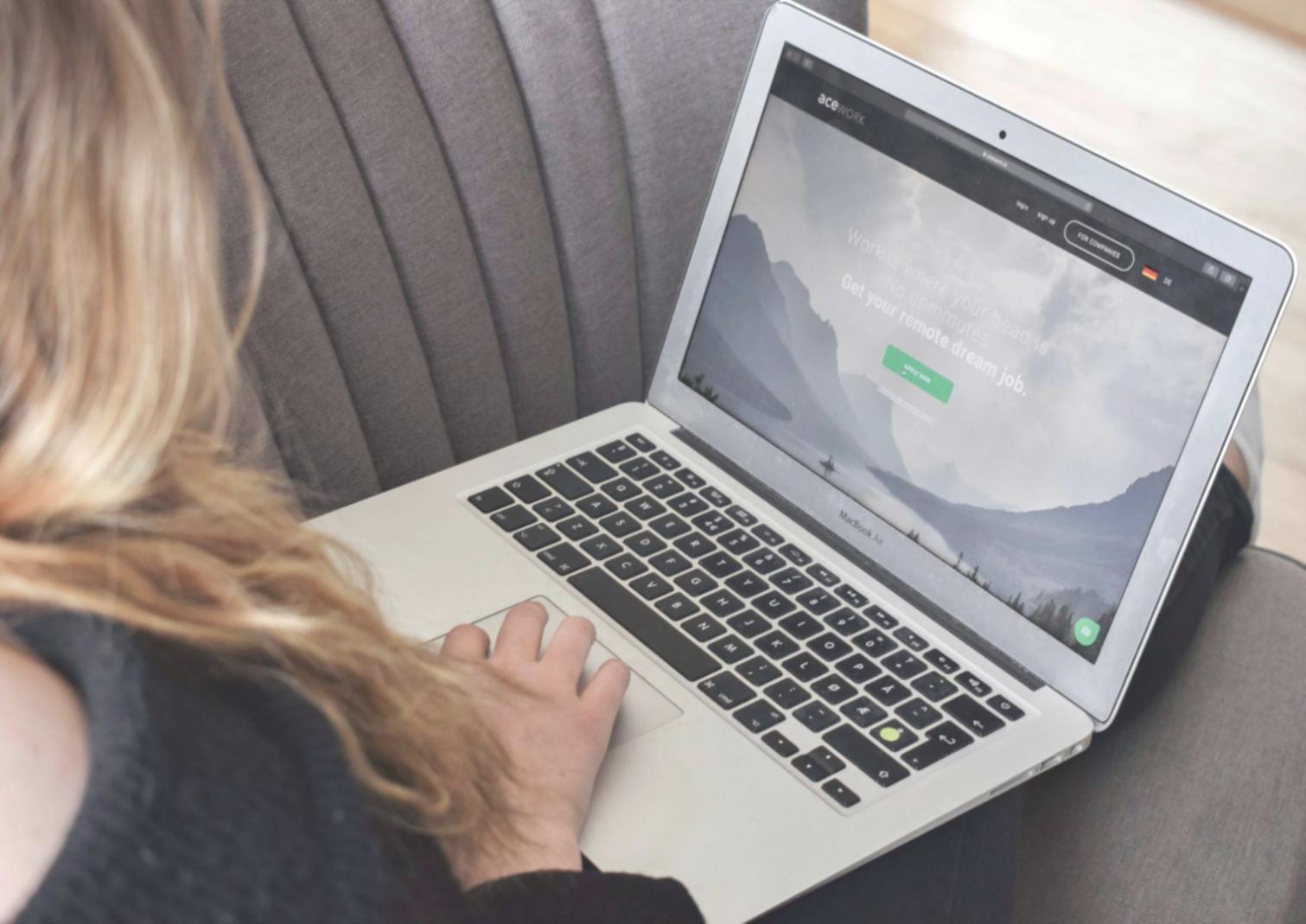Financial Planning for International Students in Australia
Moving to Australia for your studies is exciting—but managing your finances in a new country can feel overwhelming at first. We work with international students to build practical financial models that account for tuition, living costs, and currency fluctuations.
Based in Mawson, we've helped students from over 30 countries understand Australian banking, tax obligations, and budgeting strategies that actually work.
Student Visa Financial Requirements
The Australian Department of Home Affairs requires proof of financial capacity before granting a student visa. As of March 2025, you need to demonstrate access to at least AUD 24,505 per year for living costs, plus your tuition fees and return airfare.
But here's what the official guidelines don't always explain clearly: how you demonstrate this capacity matters. A financial model that shows your income sources, expenses, and cash flow over your study period can strengthen your application significantly.
- Documentation of scholarship funding or family support with currency conversion calculations
- Bank statements showing sufficient funds maintained over at least three months
- Financial projections for part-time work income (within visa restrictions of 48 hours per fortnight during term)
- Budget models that account for Australian cost of living in your specific city
- Contingency planning for unexpected expenses or exchange rate changes

Common Questions by Student Journey Stage
We've organized the most frequent questions we hear based on where you are in your study journey.
Pre-Arrival
Before you leave home
During Studies
While you're enrolled
Post-Graduation
After you complete
How do I open an Australian bank account before arriving?
Most major banks allow international students to open accounts online before arrival. You'll need your passport, student visa, and enrollment confirmation. We can help you compare account options and understand fee structures.
What's the real cost of living in Canberra versus Sydney?
Canberra typically runs 15-20% cheaper than Sydney for accommodation. We build location-specific budget models using current rental data, transport costs, and typical student expenses in different Australian cities.
Can I work while studying, and how does that affect my finances?
Student visas allow 48 hours of work per fortnight during term and unlimited hours during breaks. We model realistic income scenarios based on minimum wage (AUD 23.23 per hour as of July 2024) and tax implications.
How do I handle currency transfers without losing money on fees?
Banks often charge 3-5% on international transfers through hidden exchange rates. We analyze transfer services and timing strategies that can save hundreds of dollars over a multi-year degree.
What Australian tax obligations do I have as a student?
If you earn income in Australia, you'll need a Tax File Number and may need to lodge a tax return. International students are typically taxed as non-residents unless you meet residency tests, which affects your tax rate.
Should I consider private health insurance beyond OSHC?
Overseas Student Health Cover (OSHC) is mandatory but has gaps. We review your specific health needs and compare whether additional coverage makes financial sense for your situation.

Torsten Eklund
International Student Advisor
Torsten has worked with over 200 international students since 2019, helping them navigate Australian financial systems and build sustainable budgets throughout their studies.
Ongoing Support Throughout Your Studies
Financial planning isn't a one-time event when you're studying abroad. Exchange rates shift, living costs change, and your circumstances evolve—maybe you change cities, take on more work hours, or decide to extend your studies.
We offer continuing support that adapts to your situation. That might mean updating your budget model when you move from on-campus to shared housing, recalculating your cash flow when a scholarship payment is delayed, or planning for family visits during semester breaks.
Quarterly Reviews
Check-ins to adjust your financial model based on actual spending patterns and any changes in income or expenses.
Crisis Planning
Emergency budget scenarios for unexpected situations like medical costs, family emergencies requiring travel, or reduced work hours.
Tax Return Assistance
Support with understanding Australian tax obligations and ensuring you claim appropriate deductions for work-related and self-education expenses.
Post-Study Options
Financial modeling for graduate visa applications, job search periods, or transitioning to permanent residency pathways.
Setting Up Your Australian Banking
One of the first practical tasks when you arrive is sorting out your banking. The Australian banking system works differently from many countries—understanding the basics saves you time and avoids unnecessary fees.
We walk students through the process so you know what to expect before you arrive.
Choose the Right Account Type
Look for student accounts with no monthly fees, free ATM access, and reasonable international transfer rates. The big four banks all offer student packages, but online banks often have better fee structures.
Apply Before You Arrive
Most banks let you start the process online 2-3 months before arrival. You'll need your passport, visa, and enrollment details. Having an account ready means you can receive payments immediately upon arrival.
Complete Verification in Branch
Within six weeks of arriving, visit a branch with your documents to complete identification verification. Bring your passport, visa evidence, student ID, and proof of Australian address (even temporary).
Set Up International Transfers
Register for international transfer services and compare rates. Many students use specialist transfer services rather than bank transfers to save 2-4% on each transaction from home.
